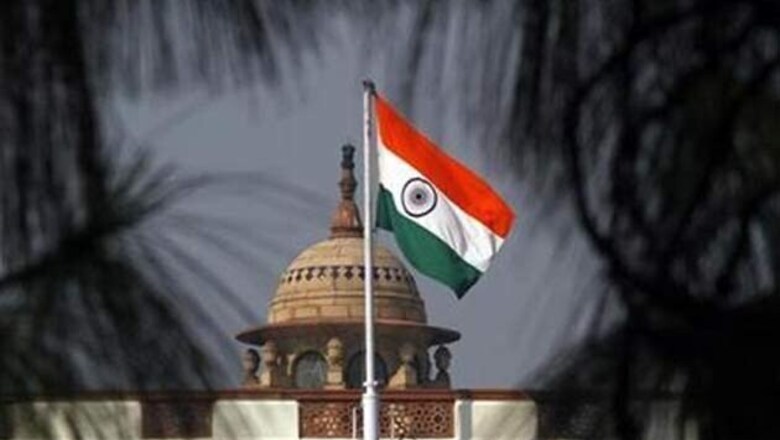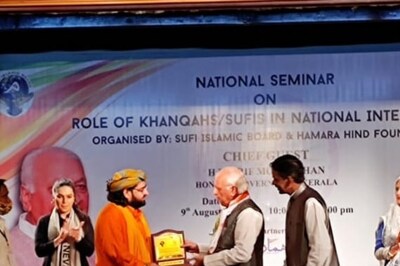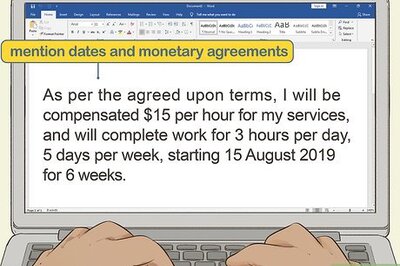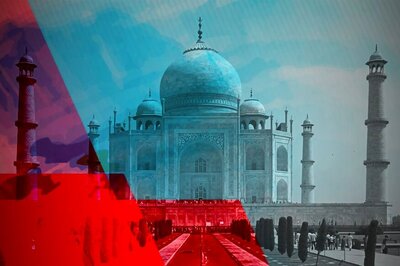
views
"Aap yeh cutlery aur menu decide karma chod dijiye aur yeh sochiye ki Bharat mein investment kaise laa sakte hain." That was Prime Minister Narendra Modi speaking at the Indian embassy in Japan on his hi-profile first trip to that country in 2014. Of all the civilian services Prime Minister Modi seems to have taken a liking for the Foreign Service. And you don't have to Albert Einstein to figure this out. Modi realises that the road from Prime Minister to Statesman passes from New Delhi to Washington DC through Beijing and Moscow and possibly even through Islamabad. Vajpayee did. Modi is just too smart to admit it.
Earlier this month the Prime Minister met with the entire corps of Indian Ambassadors and High Commissioners, over a 100 of them in their swanky new office in Jawaharlal Nehru Bhawan. His message was simple and clear. You need to think out of the box. India needs a 21st century foreign service to meet 21st century challenges. Our Ambassadors still can't stick to the old Nehruvian ideas of foreign policy.
The year 2015 is going to be crucial for the foreign service. The Prime Minister is due to visit a clutch of countries ahead of the summer including Germany, France, Canada and China. But more importantly, there are about 30 odd Ambassadorial and High Commissioner level postings that need to be filled through the course of this year, many of them in strategically important countries like the US, UK, France and possibly even China. The Prime Minister is keen that he personally meet with some of these contenders, at least for the big countries so that he is convinced first hand about the skills of the officers in question. Ironically the last Prime Minister who had this job interview style assessment of Foreign Service Officers was a man Modi loves to hate, Pandit Nehru.
That is not to say that the Prime Minister and his more than able Foreign Secretary can cure some of the systemic ills of the foreign service. For example, there was one time in our Embassy in Beijing when none of the second line officers, the so called Counsellors, spoke or read or wrote fluent Chinese. These are the nuts and bolts guys. And in China if you are a Foreign Service officer who doesn't speak Chinese, you are as good as a fish out of water. I know of one young officer whose first language was Hebrew but he was never posted in Israel ever again.
The foreign service needs to bring in fresh talent from the outside. And I don't mean political appointees. I mean academics who have spent a whole lifetime studying one country. Why waste their talent? There are lateral entries in almost all foreign services. The Americans certainly do, even the British. Unfortunately, the problem is within our own service. The IFS officers lobby will never allow well-qualified academics to enter the service laterally, even if it's only for a few years. If we want a 21st century Foreign Service that wants to move beyond deciding the menu and the colour of the cutlery, we need to get in a breath of fresh air.




















Comments
0 comment